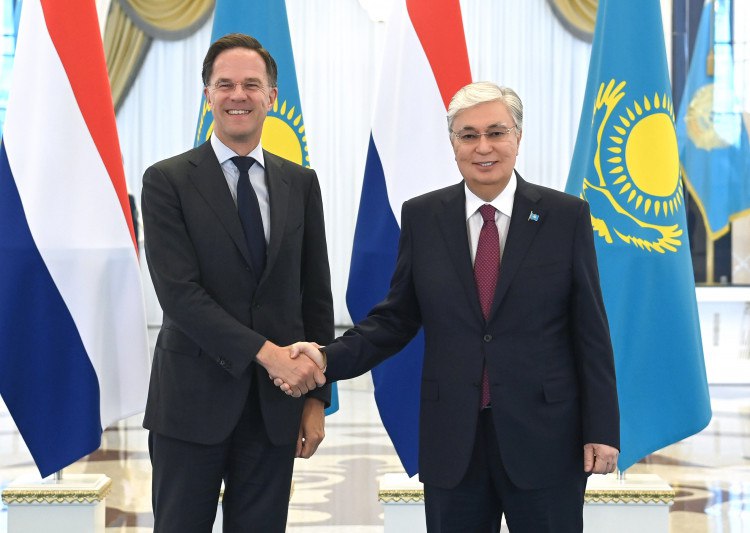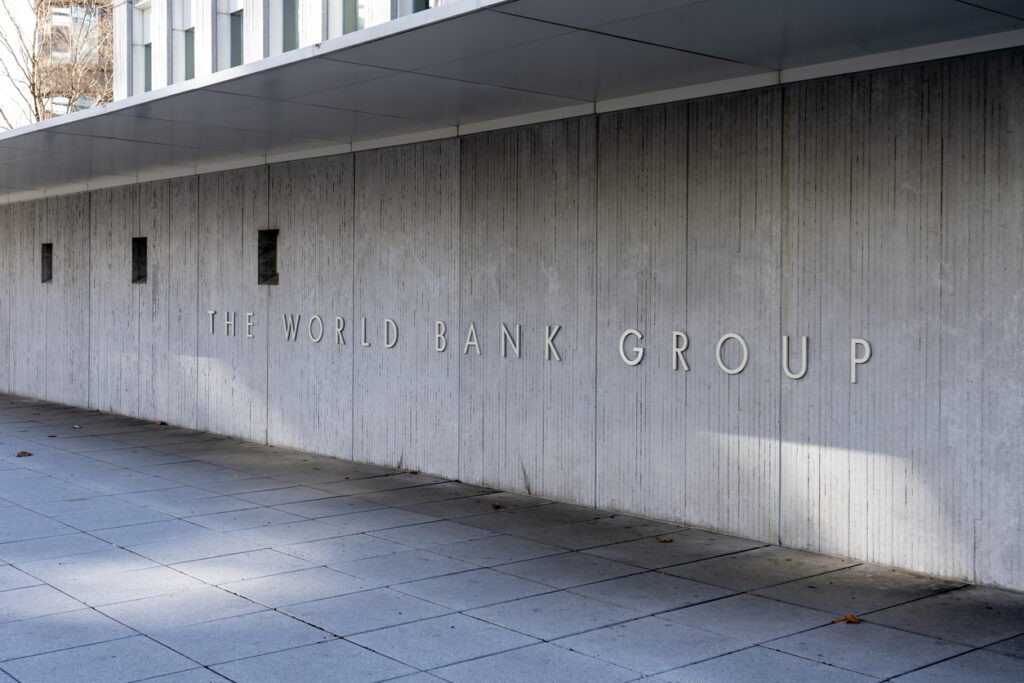During his country’s first presidential-level visit to Singapore in two decades, Kazakhstan’s President Kassym-Jomart Tokayev met with Singapore’s Prime Minister Lawrence Wong on May 23. The meeting represents an alignment of interests and resources between the two middle powers and serves to create a more balanced and cooperative global environment.
Identifying middle powers
When global powers become embroiled in their domestic issues or engage in rivalries that prevent effective international cooperation, middle powers step in to fill the leadership void. For instance, Canada has historically taken a lead in peacekeeping missions under the United Nations, advocating for human rights and mediating conflicts where larger powers are either unwilling or unable to engage.
Middle powers, also referred to as “swing states”, are defined as influential players in international politics who resist taking sides in major conflicts and possess a specific combination of characteristics such as geostrategic location, demography, economic performance, natural resource wealth, military power and/or political influence.
In a January 2024 study, the German Institute of Security and International Affairs (SWS) listed Kazakhstan among twelve notable “middle powers” in the world, who were of great importance to Germany and the EU for either shaping policies or minimizing geoeconomic risks by diversifying foreign policy relations. Kazakhstan possesses immense energy resources and critical materials for the green transition. Bordering Russia, China, and the Caspian Sea, it also offers a land bridge linking East-West and North-South corridors.
Singapore is also considered a middle power with its notable regional and international influence, particularly in the Indo-Pacific region. A highly developed country with one of the highest per capita GDPs in the world, Singapore is the only nation in Asia with a “AAA” sovereign credit rating from all major rating agencies. Additionally, it has one of the highest per capita defense expenditures globally and is among the largest arms manufacturers.
A partnership between Kazakhstan and Singapore strengthens their middle power status
What distinguishes middle powers from smaller powers is their ability to be more independent and active, particularly in the realm of diplomacy. The collaboration between these two leaders, therefore, helps solidify their middle power status.
On a diplomatic level, President Tokayev emphasized Singapore’s role as Kazakhstan’s strategic partner in Southeast Asia and expressed confidence that his state visit would strengthen bilateral relations. For his part, Prime Minister Wong highlighted that Singapore could serve as a gateway for Kazakhstan to engage with Association of Southeast Nations (ASEAN) while Kazakhstan could help Singapore build ties with Central Asia.
Economically speaking, collaboration offers great potential gains for both sides. Currently, over 140 Singaporean entities and joint ventures operate in Kazakhstan, with total investment exceeding $1.7 billion. These numbers are expected to rise through further integration of their economies.
During their recent meeting, the leaders focused on key sectors where Kazakhstan brings high strategic value. For instance, Wong expressed the importation of more agri-food products from Kazakhstan. Singapore’s Indorama Corporation is already in discussions about the production of phosphate fertilizers in Kazakhstan.
Logistics is another key sector of interest. Singapore is already investing in the Middle Corridor project, which integrates Central Asia into international markets, and is expected to invest further in this area. PSA International, a Singapore-based transport company, will build and develop a container hub in Kazakhstan’s Aktau port on the Caspian Sea. Kazakhstan Temir Joly, the national railway company, signed a memorandum of cooperation with the Port of Singapore Authority to promote “access to a whole network of seaports” and “integration into the global transport and logistics chain” to “significantly simplify the export of products from Kazakhstan to the world markets,” reported the Kazakh Foreign Ministry. Last week, Singapore Post (SingPost) announced a strategic cooperation agreement with Qazpost, Kazakhstan’s national postal operator, aimed at improving logistics and e-commerce growth between the two countries.
The leaders also prioritized the development of Kazakhstan’s energy, critical materials processing, and fin-tech sectors. To enhance bilateral trade and create a favorable business environment in all sectors, Kazakhstan and Singapore signed four agreements covering six areas: economic integration, security, enterprise standards, intellectual property (IP) rights protection, higher education, and legal dispute resolution.
Conclusion
Historically, the European Union, the United States, and Russia have provided the largest Foreign Direct Investment (FDI) in Kazakhstan. In the last year, China has also emerged as a major investor. Now, Singapore is stepping in as another significant player, further diversifying the sources of FDI and strengthening economic ties with Kazakhstan. This collaboration among middle powers to diversify away from traditional larger countries, whose investments often come with political strings attached, is likely to continue. By engaging in these partnerships, Kazakhstan and Singapore can reduce trade dependencies and contribute to a more resilient global supply chain.








